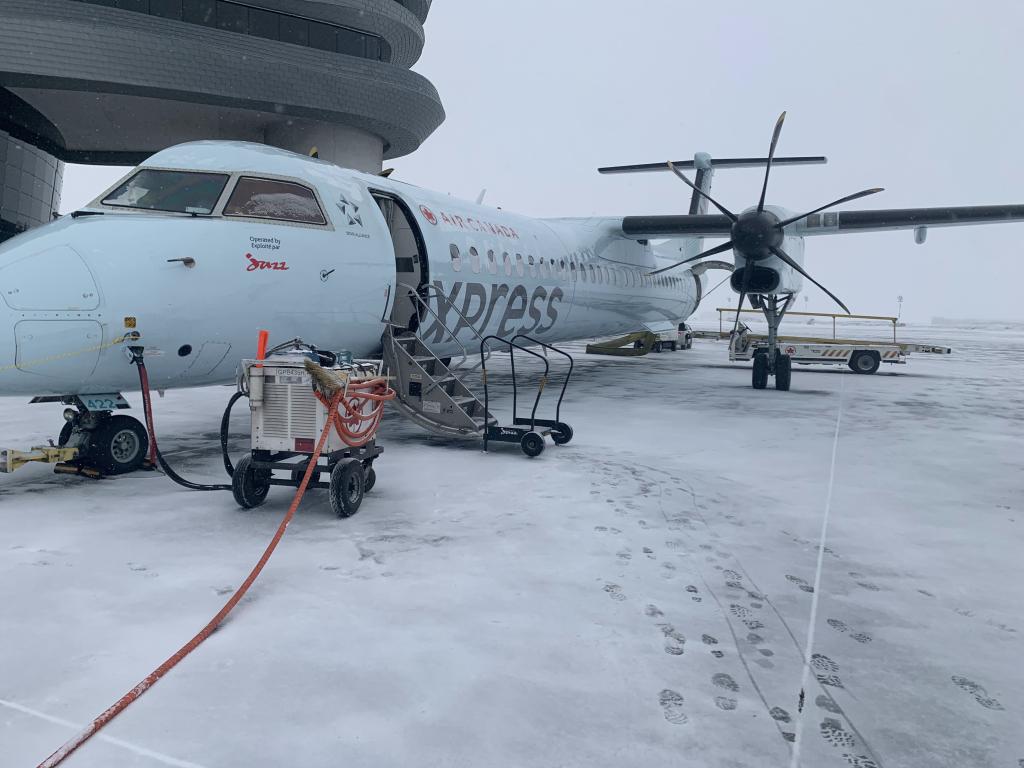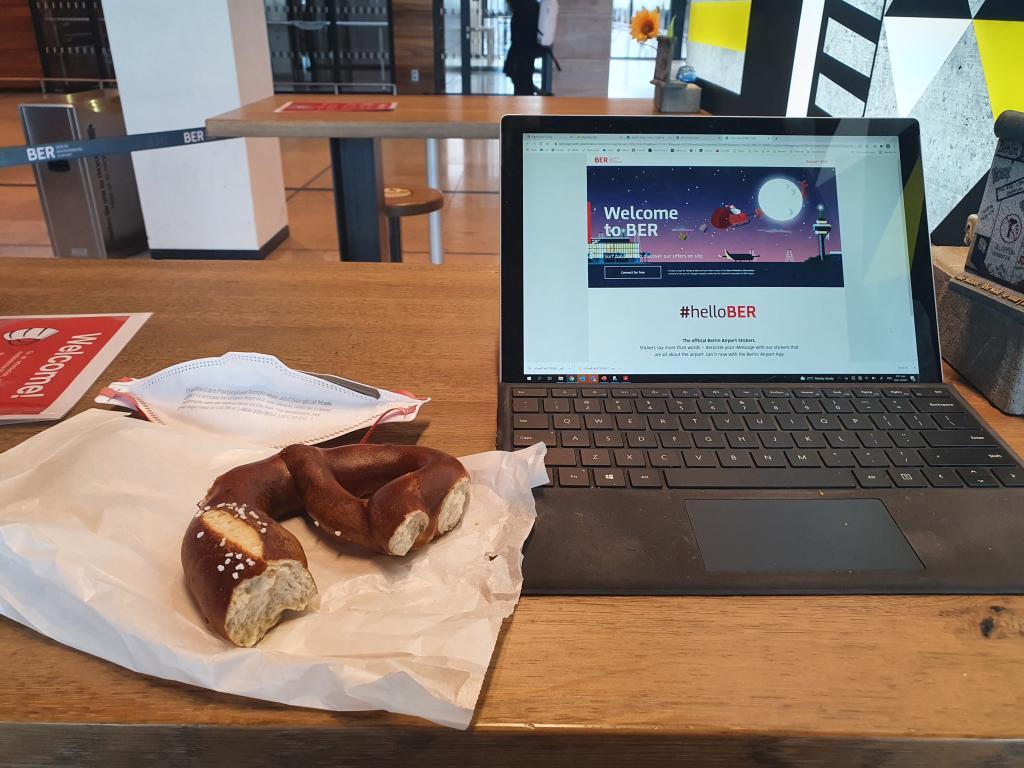INSIGHTS
How to manage an immense fear of flying.
I love to travel but hate flying. Oh yeah, I also work in the travel industry.
Written by Henry Jones
It’s rather ironic isn’t it…working in the travel industry with a devastating fear of flying. The trouble is that I love travel so much, even when it’s for business. Plus, I’m an expat living in Singapore and I want to see as many different places as possible while I’m here. I mean, how can I miss an opportunity to get some sun on my pasty English skin when the Philippines is now only three hours away?
The opportunity to experience new places and cultures was a drawcard for me at a young age. I got into the travel industry in my early twenties and haven’t looked back. Even in the past 5 years I’ve managed to experience more than two dozen new countries.
It actually feels a little surreal writing this – it’s the first time I’m publicly sharing this fear I have. It’s not something I’m ashamed of, it’s just that I haven’t really felt the urge to share until now. I guess I just felt that now is the time to let it all out. And by writing this, perhaps it might just help a few others who also travel with fear.
So, these are some of the things that have helped me over the years. Hopefully they help you (or someone you know) overcome that fear of flying.
Speak to your doctor
Start by telling someone how you feel. Even better when you can tell a medical professional what you’re dealing with. This fear of flying is an acute form of anxiety and it’s real. It’s called aerophobia (sometimes aviophobia) and apparently affects up to 6.5% of people (according to TIME magazine). That number was higher than I first imagined, and it made me think that chances are that you have someone in your business who has this fear of flying.
This fear of flying makes me feel awful, sometimes for days leading up to the trip. However, taking that step and calling it what it is (an anxiety disorder) has helped me get the help I needed.
A medical professional can help you decide whether a course of treatment is appropriate for your condition, and whether counselling or medication are appropriate ways to manage it. For me personally, I opted for the medicated approach, and that has made it bearable. Not smooth sailing by any means, but it certainly makes a difference.
Travel point-to-point where possible

Sometimes short hops on small planes can't be avoided
My fear of flying is particularly bad at takeoff and landing and can often be exacerbated by a stressful experience at the airport. If I ever have an option of doing one flight rather than connecting through an airport, I know that I’m basically halving the amount of challenges I have to face. This is why I feel most companies should consider offering a direct option in their business travel policies.
Yes, flying direct is not always an option, plus it can sometimes come with higher flight prices, but in my mind it’s worth it. Plus, direct flights have other benefits too – better for the environment (less emissions), reduces journey time, which leads to a better chance of overall health and wellbeing.
Newer aircraft can help too

My most recent flight back to Singapore on a brand new Airbus a350
Every new aircraft comes with the latest in technology to increase traveller comfort. Yes, you’re still sitting inside a metal tube hurtling through the air around 1000kms an hour, but there are some added comforts which can all add up to make a difference. Some examples of this include a reduction in cabin noise, plus the whirring noises on some of the older airplanes are lessened in these newer aircrafts. Even turbulence is proven to be less impactful on certain newer aircraft models. And again, newer aircraft often have the added benefit of reducing emissions. It’s pretty easy to find out what aircraft you will be flying on, but if you are travelling for work, make sure you ask your Travel Manager to tell you whether it’s a newer model or not.
Let the airline know
Informing staff of your fear of flying makes them proactively aware of any problems and can help them inform you of what’s happening should anything unsettling occur (such as turbulence). With many airlines this can be done when making the booking. If you work with a Travel Management Company like FCM, your travel manager will be able to add a note onto your file that the airline can see. And, of course, you can also let the flight crew know as you board the plane.
Plan your journey appropriately
Anything I can do to minimize anxiety before a departure will always help to ease my onboard experience. Often this means leaving a little earlier than many travellers would, aiming to get to the airport 3 hours prior to departure. It sounds counterintuitive to arrive early a place of pain, but it just gives me the time I need to clear security and put myself into the right frame of mind prior to your flight. Plus, there are now tons of additional options at the airport such as fast-track security or lounge access to avoid friction points at the airport. And often a cheeky G&T at the airport lounge also takes the edge off.

Leave enough time for a pre-flight pretzel
Don’t worry!
I know, this is the hardest piece of advice to follow as after all a fear of flying isn’t necessarily a rational thought process. However, it’s worth considering that flying is actually the safest mode of transport – it’s safer than driving, catching a train, climbing a ladder or swimming. I like to remember these statistics when I take a trip.